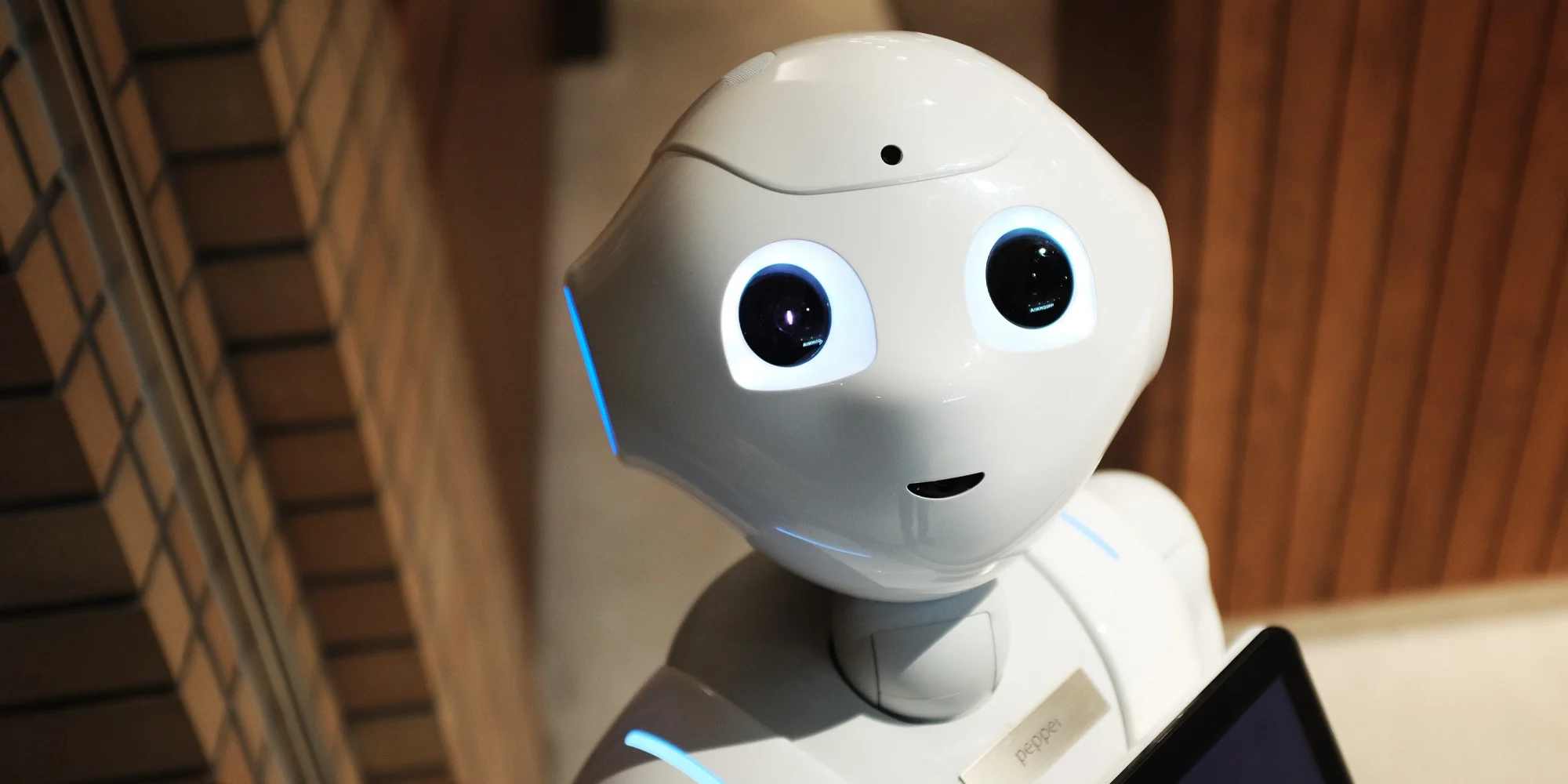Necessary Always Active
Necessary cookies are required to enable the basic features of this site, such as providing secure log-in or adjusting your consent preferences. These cookies do not store any personally identifiable data.
|
||||||
|
||||||
|
||||||
|

Artificial Intelligence (AI) technology evolves rapidly, and it has great potential in the future. According to the latest reports, the market size of AI is projected to reach $266.92 billion by 2027 with a Compound Annual Growth Rate (CAGR) of 33.2%. A lot of world-known brands and tech companies are already using AI-powered solutions to improve the service, engage customers, enhance customer experience, and increase efficiency and productivity. Text generation, face and speech recognition, automated translation, drug discovery are a few AI achievements that are worthy of your attention.
AI-powered solutions are used by dozens of companies and implemented in different fields, changing a lot of industries and reshaping the landscape of health, learning, daily living, and so on. In this article, we’re going to elaborate on the 6 latest achievements of AI in such fields as science, healthcare, and business. Thus, read the post to the end to find out what benefits can be derived from using AI solutions today.
Today, there are robots, programs, and such text generators like GPT-3 that have recently tried their hand at various human creative endeavors like cooking, art as well as writing poems, poetry, news articles, that are indistinguishable from real writers. There is even a screenplay written using AI technology. Yet, writing texts like humans is not a single achievement of the AI system in the field.
Another use case of AI is language translation. Thanks to the system, the text on the sites and/or apps can be translated according to your localization. Such an AI-based text-generation tool is used by Netflix to design the banners for different locations.
Image processing along with pattern recognition are major areas of AI research. Every smartphone owner is familiar with AI-induced face recognition apps. Yes, it’s when you take a picture and the camera detects all the faces. A facial scan for security purposes is also about the AI used.

That’s not the only use case of AI-induced face recognition. For example, Facebook Detectron, Google Search by image, and others are also AI-powered programs for recognition of the items and faces. The technology evolves and recognition abilities are enhanced along with it.
Not only the AI capabilities improve rapidly but the algorithms behind the system evolve too. This makes AI more accessible for non-tech savvy people like designers. AI can offload many routine tasks that are to be done by designers. However, it’s not about replacing the designers but cooperation with the computer.
Nowadays, in terms of the COVID-19 pandemic, the rapid and effective development of new drugs is a crucial and pressing issue. The new drug discovery is quite time-intensive, costly and a complicated process that consists of several stages from hypothesis to optimization. Besides, there is always the moment of uncertainty that the drug will pass the stage and progress to the next phase or you need to start from the very beginning.
Automation is the answer. And that’s where artificial intelligence can be helpful and can reshape the entire process of drug development. AI technology combined with robotics, microfluidics, and automated data analysis can increase laboratory efficiency. The usage of the tools can help make therapies available to patients faster.
So, the AI systems implemented into the process can assist drug discovery by:
Today, it’s quite common to use voice commands when interacting with Google Assistant, Siri, Alexa, Microsoft Cortana, and other virtual assistants. Based on the forecast, it’s expected that the market of far-field speech and voice recognition to reach $3,505 million by 2024 and grow at a CAGR of 23.89%.
Such top tech companies as Facebook, Microsoft, Google, Apple, and Amazon provide the users with the feature on various devices to simplify daily living and automate some everyday tasks, search, translation, as well as interaction and control of IoTs (Internet of Things), and so on.
Thanks to AI, speech recognition evolves rapidly, becomes more accurate, and delivers a better user experience. However, to uncover the full potential of speech recognition technology, you need to rise to the following challenges:
Besides the coronavirus, there are lots of other killing diseases to treat. For example, lung cancer is the most common and widespread type of cancer in the world. According to the World Health Organization (WHO), this disease caused over 9.6 million deaths in 2018. Diagnosing the disease in the early stages can save lives. Lung cancer can be diagnosed by:
AI can make the process more accessible, accurate, fast, and cost-effective. The effectiveness of the system implemented was demonstrated in the results of the project held in 2019 by scientists from Google AI, Chicago, Northwestern Medicine, IL. First of all, the AI-powered program was trained with 42,290 CT lung scan images from 14,851 patients before starting the experiment.
The very first thing to mention is the efficiency of the program which scanned 500 images in just 10 minutes. What’s more, the AI app reduced the false-positive results by 11%. Such encouraging results make us believe that AI will reduce not only the costs but the disease risks.
Face and speech recognition, virtual assistants, drug discovery, disease diagnosing, text generation are only a few artificial intelligence use cases. Security, coding, law, marketing, and many other fields are also transformed by AI. The technology evolves rapidly making intelligent systems even more intelligent and robust.
So, some things that were fantastic a few years ago are now a reality. Thus, thanks to AI our cars drive themselves, smart houses adjust electricity usage, programs analyze our DNA, and diagnose illnesses. In other words, AI technologies and applications cover more in our lives, automate daily tasks, and change the way we work. However, the best is yet to come.
Sign up to receive our newsletter featuring the latest tech trends, in-depth articles, and exclusive insights. Stay ahead of the curve!